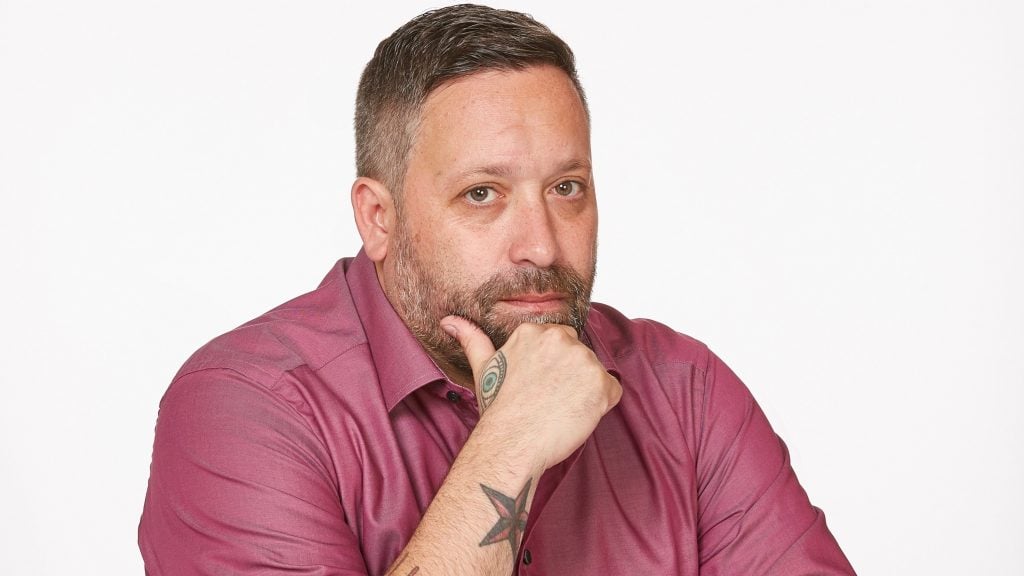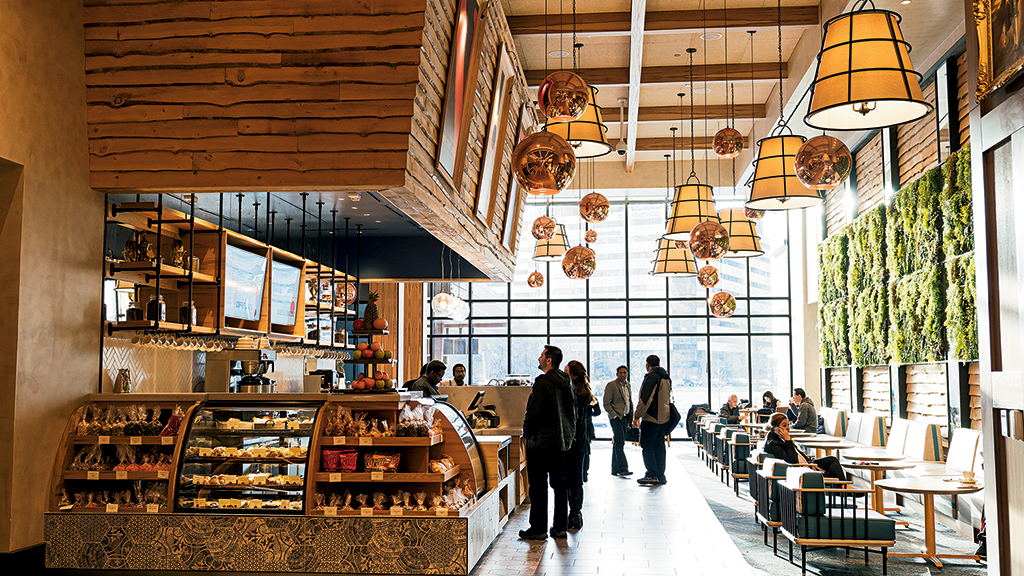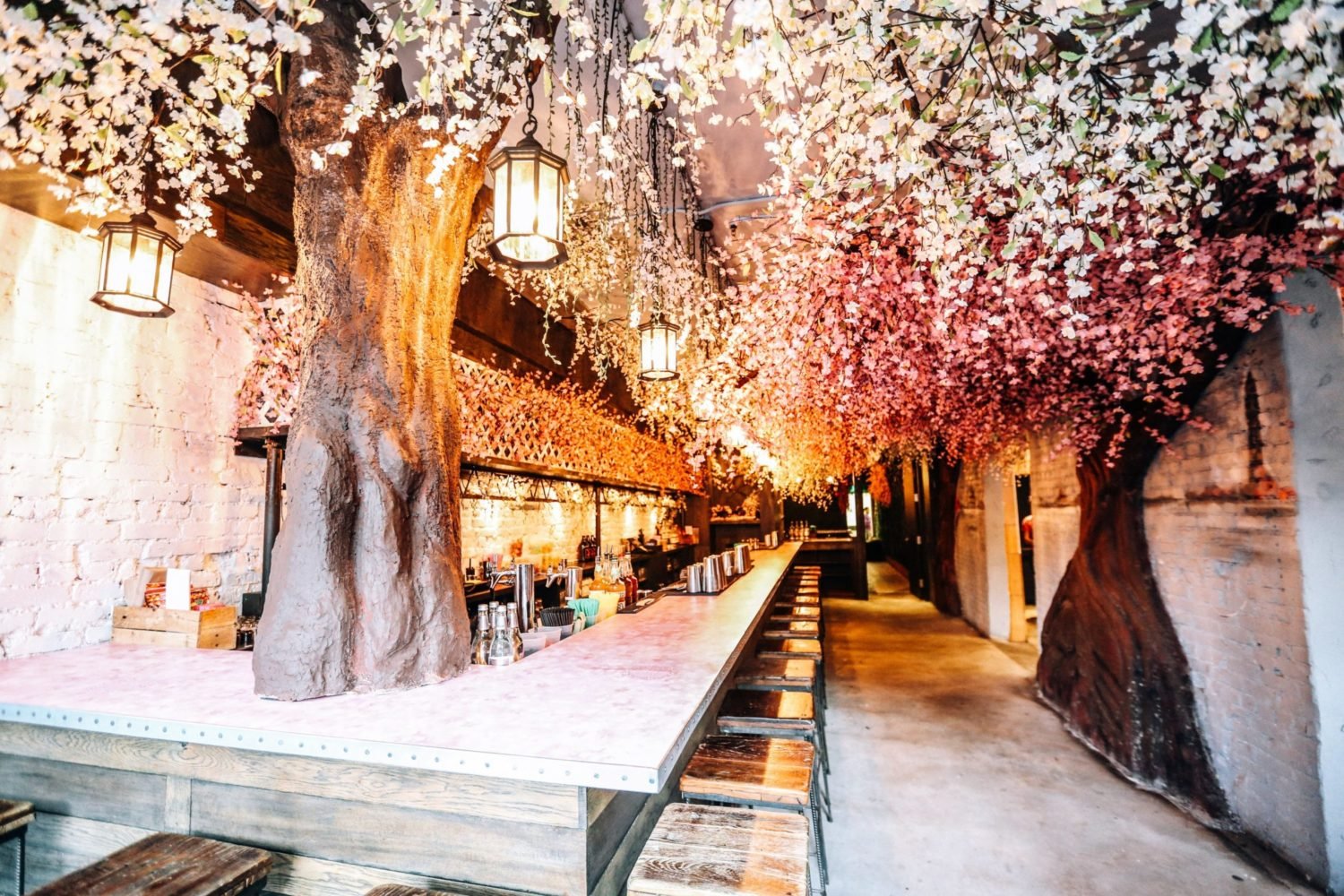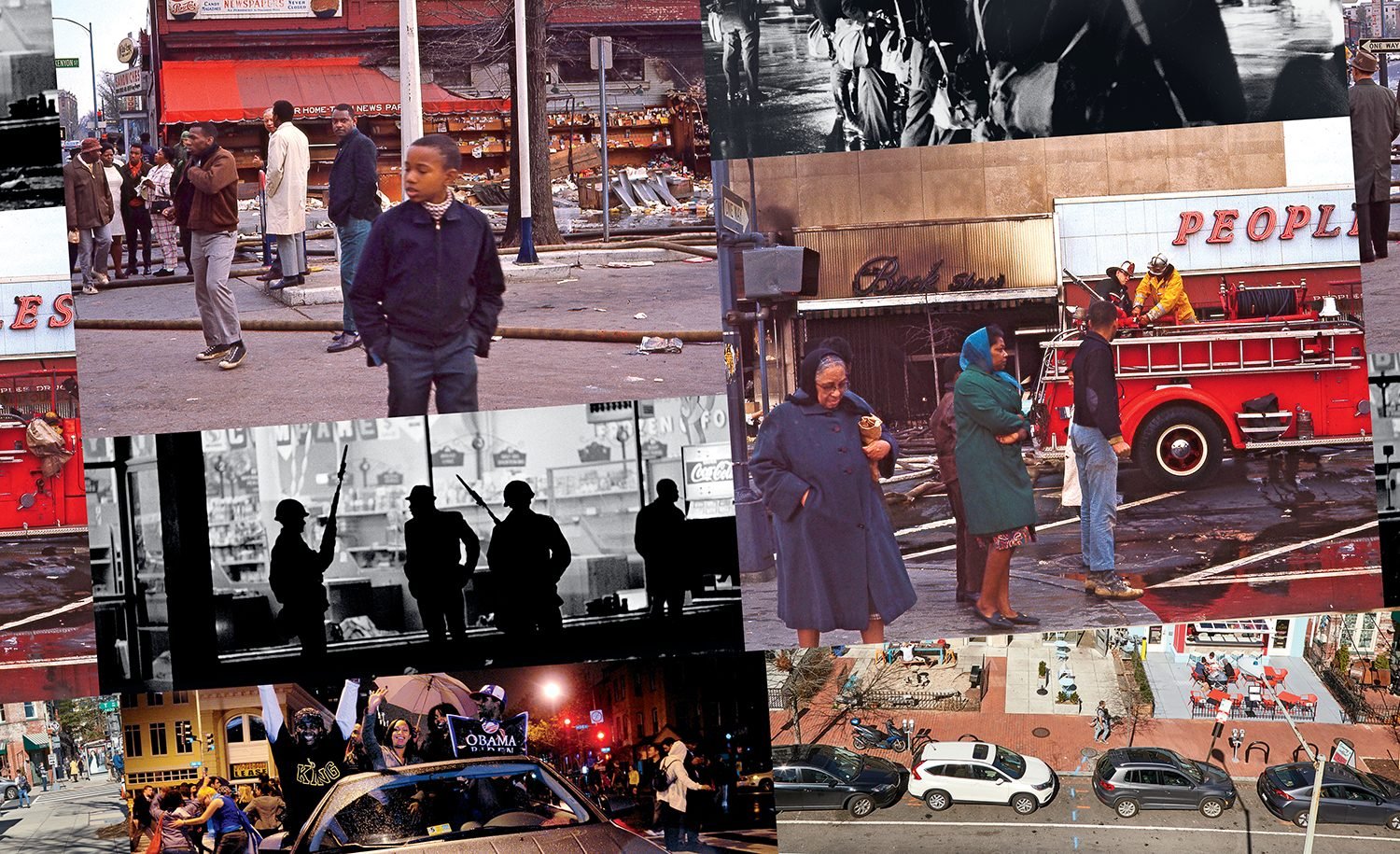After months of restaurant closures and lawsuits, Mike Isabella‘s company filed for Chapter 11 bankruptcy this morning.
“This is not a decision that we made lightly, but after months of challenges, we needed to put our business on a path to move forward. That begins by stabilizing our finances,” he says in the statement to investors. It continues to read, in part: “I know it has been a challenging 6-9 months for our businesses. With this filing, we are able to now make progress to become a more financially stable organization and begin to take the steps for our successful future.”
Isabella tells Washingtonian that he’s working with all purveyors, lenders, and partners to make sure everyone is paid back. “Hopefully by spring everything should be back to normal again,” he says.
The company started showing substantial cracks this year, following a lawsuit from former manager Chloe Caras accusing Isabella and his business partners of creating a toxic “bro culture” rampant with sexual harassment. In the months since, he’s closed three restaurants—Graffiato in DC and Richmond plus Requin Brasserie in the Mosaic District—and is being sued by multiple landlords. Most recently, Isabella’s Tysons Galleria food hall Isabella Eatery shuttered, just under nine months after its splashy debut.
The bankruptcy petition includes Isabella’s parent company and most of his restaurants, but Kapnos Kouzina in Bethesda and Requin at the Wharf are excluded.
The bankruptcy petition notes that Isabella Eatery’s revenues plummeted from around $1 million per month—enough to break even with 340 employees—to $300,000 following the “negative press” that came with the sexual harassment lawsuit. Meanwhile, revenues at Graffiato DC sank from $50,000 to $5,000 per week. Graffiato Richmond and Requin Brasserie also suffered similar drops in revenue, leading to landlord and purveyor debt.
Many of the purveyors do business with all of Isabella’s restaurants. When some of them closed and weren’t able to pay their bills, the vendors tightened credit on the remaining “successful” restaurants “to the point where those restaurants are now suffering on the expense side as well,” the filing says.
Investors, some of whom are involved in multiple restaurants, are also tightening the faucets. “Where I could often count on these investors historically to assist with funds when needed, that source of stop gap or bridge loan revenue has also dried up for those locations that remain otherwise fiscally sound,” Isabella says in the petition.
While Isabella’s restaurant group once employed around 800 people, it’s since shrunk to a team of 268 people. (An additional 81 work for restaurants the group manages, but are not factored into the bankruptcy.) In recent months, employee checks have bounced. But the company says it’s seeking to ensure there isn’t further interruption in payments through the bankruptcy proceedings.
At its height, Isabella’s business included more than a dozen restaurants. In early 2018, 20 new restaurants and restaurant management agreements were in the works, including eight negotiated deals that were being circulated for signatures. The deals spanned Las Vegas, Houston, and the Middle East. One by one, Isabella says in the filing, every single one of theses offers were withdrawn and discussions terminated.
Beyond the fallout from the lawsuit, Isabella previously told Washingtonian that his company’s rapid growth contributed to its problems.
“When you go from a couple restaurants to doubling your company in size in a matter of nine months, it’s not easy,” Isabella said. “There’s going to be cracks and stuff like that, and it happened.”
This story has been updated with additional information from the bankruptcy filing.



















